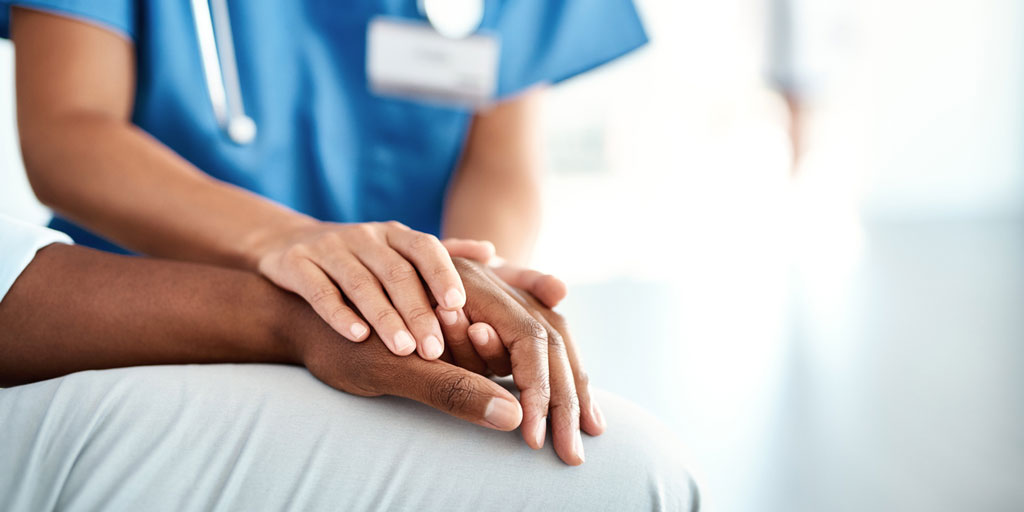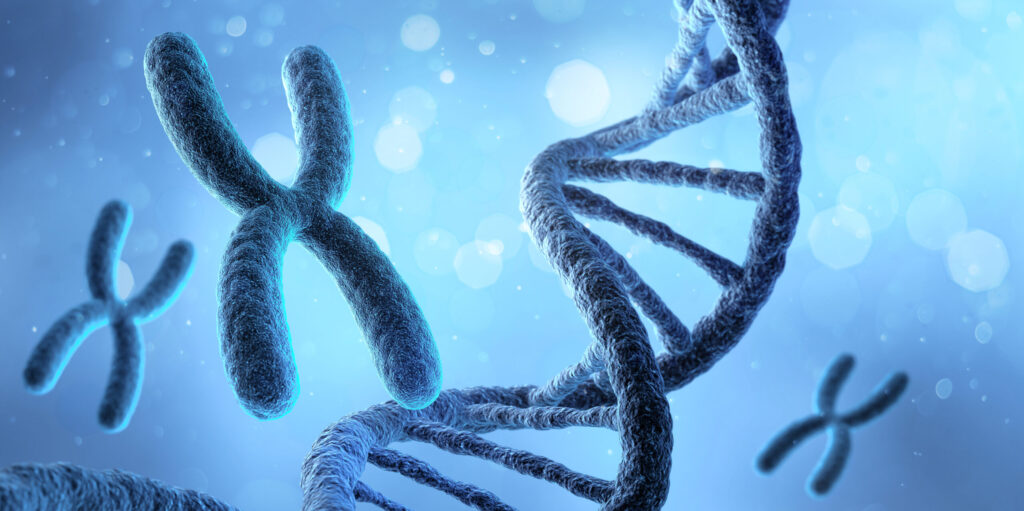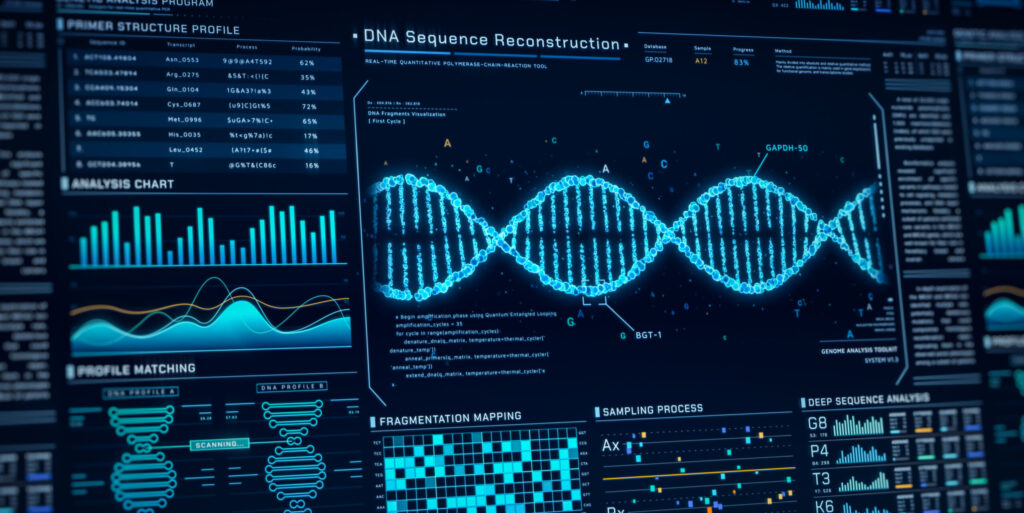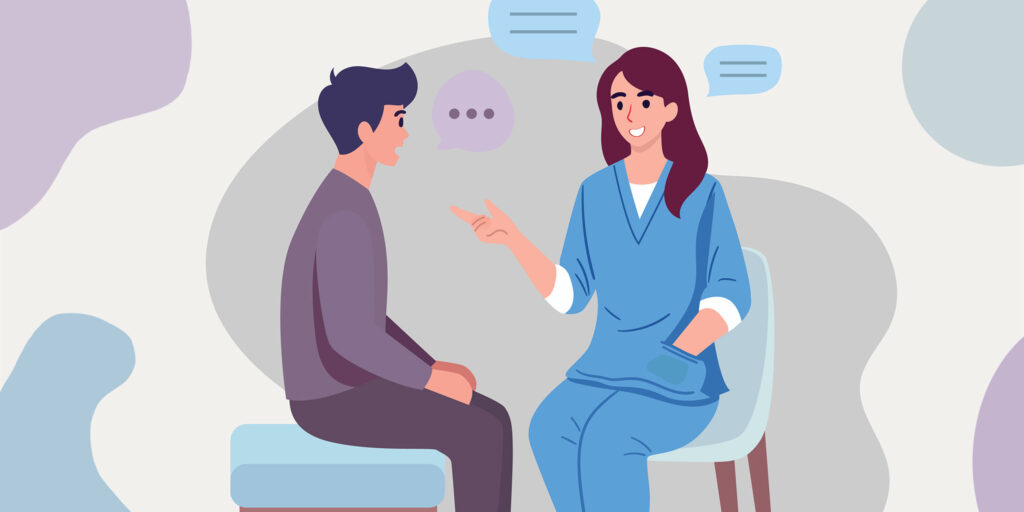
MDA Care Centers Combine Expert Care with Research, Clinical Trials, and Advanced Technology
By Jeanene Swanson | Tuesday, November 5, 2019
At more than 150 of the leading healthcare institutions across the US, MDA Care Centers offer top clinical care to individuals living with muscular dystrophy, ALS, and other neuromuscular diseases. Providing access to this expert multidisciplinary care, however, is just one way that Care Centers serve the neuromuscular community. MDA Care Centers are conducting clinical trials, supporting the latest advances in neuromuscular disease research, and improving patient care by expanding access to technologies such as telemedicine. At MDA Care Centers at the University of Iowa; Mayo Clinic in Rochester, Minn.; and University of California, San Francisco, Care Center directors discuss ways in which their Care Centers are leading the charge.
Clinical trials: University of Iowa Hospitals and Clinics
The Inherited Neuropathies Consortium (INC) comprises academic medical centers, patient support organizations, and clinical research sites devoted to developing the infrastructure needed to test therapies for patients with inherited peripheral neuropathies, collectively known as Charcot-Marie-Tooth disease (CMT). One of those medical centers is the MDA Care Center and MDA/ALS Care Center at the University of Iowa Hospitals and Clinics, where Dr. Michael Shy is a Care Center director. The operations of the INC are directed from the University of Iowa, with primary study sites located at various other medical centers in the US, the UK, Italy, and Australia.
Dr. Shy, professor of Neurology and Pediatrics at the University of Iowa, was recently awarded an MDA Clinical Research Network Grant (CRNG) totaling $423,413 over three years to further develop the INC. With this funding, Dr. Shy will expand the consortium’s natural history data to make it “clinical-trial-ready” for different forms of CMT; identify and facilitate treatments for novel forms of CMT; train future scientists in the field; and share INC data with scientists, physicians, and patients in an easily accessible manner.
“Understanding and effectively treating patients with neuromuscular disease is the mission of the MDA and my mission with CMT,” Dr. Shy says. “By providing the knowledge of how different forms of CMT progress, it can be determined whether treatments are effective.”
To that end, he and the Care Center team carefully evaluate patients in order to merge clinical outcome assessments and biomarker data with natural history studies — all of which are essential to running clinical trials in CMT. Considering the work that the INC is doing and has already enabled, Dr. Shy is hopeful that there will be effective treatments for many CMT subtypes within the next three to five years.
Several clinical trials run by various INC sites are now recruiting. Visit the organization’s website to learn more about the trials and enrollment eligibility.
Research: Mayo Clinic, Rochester
Margherita Milone, MD, PhD, a neurologist and MDA Care Center director at the Mayo Clinic in Rochester, Minn., focuses on both treating patients and leveraging their experience through participation in research studies. Her research focuses on inherited muscle diseases including congenital myopathies, muscular dystrophies, myopathies with rimmed vacuoles, mitochondrial myopathies, and other myopathies.
“One of our primary research interests focuses on advancing the diagnostics of inherited muscle diseases and understanding the underlying processes leading to muscle weakness,” Dr. Milone says. To that end, she uses next-generation sequencing technologies including whole-exome and whole-genome sequencing to identify genetic mutations in patients with no genetic diagnosis. (The exome is the part of the genome that consists of exons, or only those portions of genes that are made into proteins.) By combining clinical assessments, muscle biopsy findings, and advanced sequencing technologies to identify novel disease-causing mutations, Dr. Milone is improving the understanding of disease mechanisms, which can lead to future treatments.
“A genetic diagnosis will allow a more reliable prognosis, reliable assessment of risk of inheritance of disease, readiness to clinical trials, and future novel therapies,” she says. “In addition, each patient has the right to a diagnosis.”
Dr. Milone is also working to create disease models, which are lacking for the specific diseases she studies and treats. Her team is collecting skin biopsies from patients with inherited myopathies with specific genetic mutations and will use these to create muscle cells that can be used in cell-based research. Having access to patient-derived cells will also enable in vivo studies of possible new therapeutics.
“The creation of a disease model based on patients’ cells may offer a more reliable model to test drugs that could halt disease progression,” she says. She also underscores that the ongoing research activities are possible thanks to the close collaboration with her colleagues within the neuromuscular group, molecular genomics, biochemistry, and regenerative medicine.
Telemedicine: University of California, San Francisco Medical Center
Catherine Lomen-Hoerth, MD, PhD, professor of Neurology at the University of California, San Francisco, and director of the MDA Care Center and MDA/ALS Care Center at the UCSF Medical Center, specializes in treating patients with amyotrophic lateral sclerosis (ALS). Dr. Lomen-Hoerth cares for more than 375 patients with ALS and receives 100 new referrals every year. She says telemedicine has been essential to tracking her patients’ care — and ultimately offering best-in-class treatment.
Telemedicine involves remote care when the provider and patient are not physically together. Using video conferencing tools and other means of electronic communication and digital monitoring, patients with limited access to treatment can receive the same care as if they were in the same room as their provider.
“Before telemedicine, I would lose contact with many of my patients once they were no longer able to physically return to clinic,” Dr. Lomen-Hoerth says. “Now, I am able to continue the care for my patients by seeing them at the same frequency I used to see them in clinic along with our full multidisciplinary team over video. Without question, due to telemedicine our patients are able to live longer lives with better quality of life.”
Her patients also have opportunities to participate in research projects or clinical trials. Dr. Lomen-Hoerth led several ALS clinical trials as a site principal investigator and is a member of both the Northeast ALS Consortium (NEALS) and the Western ALS (WALS) study group, which are the major ALS clinical trial groups. She recently co-authored the revised ALS clinical trials consensus guidelines, which aim to improve clinical trial design and accelerate the development of effective treatments for ALS.
UCSF is leading several clinical trials for different neuromuscular diseases, including ALS, DMD, and other muscular dystrophies. Visit the university’s website to learn more about the trials and enrollment eligibility.
Disclaimer: No content on this site should ever be used as a substitute for direct medical advice from your doctor or other qualified clinician.




